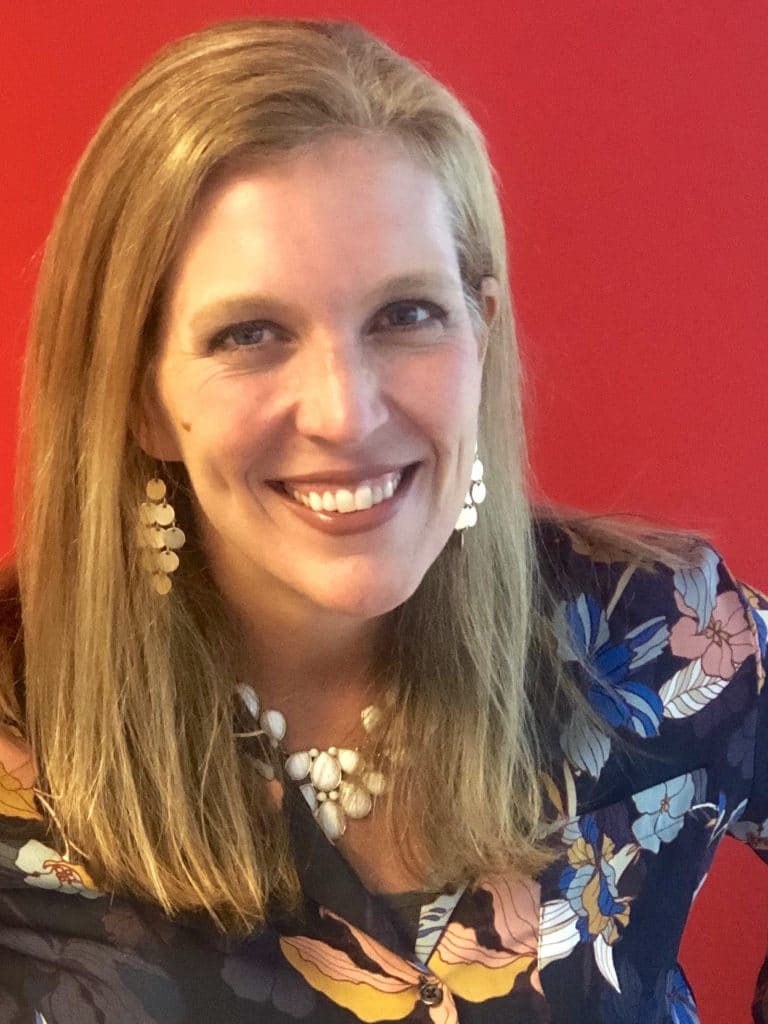Contributed by Laura Bracci, Community Advocacy Director, American Heart Association

It was 2006 when the U.S. Surgeon General stated there was no safe level of exposure to secondhand smoke, yet many people in Gwinnett are still exposed in their workplaces and public places. Secondhand smoke causes immediate adverse effects to your cardiovascular system and contributes to cancer, respiratory illness, and stroke.
It can be hard to believe that given all we know about secondhand smoke, there are places that still allow smoking indoors. While cities and states across the country have moved all smoking outdoors, Gwinnett still allows smoking inside.
Exposure to secondhand smoke in the workplace varies widely by race and ethnicity. Over half of non-Hispanic Black women are exposed to secondhand smoke compared to about 30% of non-Hispanic White and Hispanic women. Only 43% of hospitality workers are protected by comprehensive air laws, while 75% of white-collar workers are protected.
Because smoke-free laws have been enacted in cities and states across the country for decades, there is research to provide insight into the impact of smoke-free policies on businesses and community members.
Study after study shows that smoke-free policies do not harm businesses. In fact, they have been shown to have either no effect or a positive effect on a business’s bottom line.
Smoke-free policies also have been proven to have positive impacts on community health. They have been shown to reduce hospital admissions for heart attacks and asthma at the community level.
Protecting health is of utmost importance due to the COVID-19 pandemic, and strengthening protections of smoke-free policies for our community will do just that. It is time for Gwinnett County to join Atlanta, Doraville, the City of South Fulton, Savannah, Augusta, and Chatham County in adopting a strong smoke-free ordinance recognizing everyone has the right to breathe clean indoor air!
Will you help us? Pledge your support for a Smoke-free Gwinnett!
 Laura Bracci is the Community Advocacy Director at the American Heart Association. The American Heart Association’s mission is to be a relentless force for a world of longer, healthier lives. You can learn more at www.heart.org or by calling 678-224-2000.
Laura Bracci is the Community Advocacy Director at the American Heart Association. The American Heart Association’s mission is to be a relentless force for a world of longer, healthier lives. You can learn more at www.heart.org or by calling 678-224-2000.
